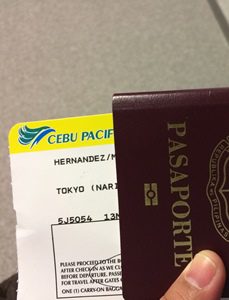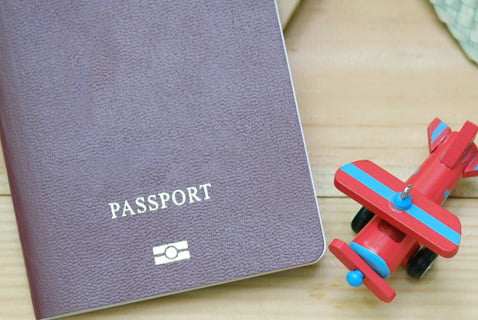
On February 10th, 2022, the Philippines re-opened to fully vaccinated tourists. Many people are wondering if they need a visa to visit this amazing country. Because bureaucracy is also part of the trip. In this article, we will tell you what you should know about a visa to travel to the Philippines.
A visa is an official document that allows someone from another country to enter your country for a specific period of time. It is issued by the immigration officer at an airport or border crossing point. You can get one on arrival in your destination country as long as you have booked accommodation and have sufficient funds to support yourself during your stay there (at least USD10,000). If you do not have enough money on arrival, then you will be asked to apply for financial assistance from your home country before travelling to the Philippines.
Entry Visas for the Philippines
Do you need a visa to travel to the Philippines?
Whether travellers will or will not need a visa to visit the Philippines depends on their country of citizenship.
The visa policy of the Philippines is governed by the Commonwealth Act Nr. 63 also referred to as the Philippines Immigration Act. The regulation is enforced by the Department of Foreign Affairs and the Bureau of Immigration.
The Philippines does have a visa waiver program that was signed back in 1960, which has been amended over time. The program is administered by the Department of Foreign Affairs. Nationals of countries that maintain special diplomatic relations with the Philippines are allowed to enter the Philippines without a visa.
Visa-free travellers to the Philippines are required to hold a passport valid for at least six months beyond their expected stay in the country.
Citizens from the following countries do not require an entry visa for the Philippines:
- Nationalities that do not require a Philippines visa for stays of up to 59 days:
Brazil, Israel. - Nationalities that do not require a visa for the Philippines for stays of up to 30 days:
All European Union citizens, United Kingdom, Andorra, Angola, Antigua and Barbuda, Argentina, Australia, Bahamas, Bahrain, Barbados, Belize, Benin, Bhutan, Bolivia, Botswana, Brunei, Burkina Faso, Burundi, Cambodia, Cameroon, Canada, Cape Verde, Central African Republic, Chad, Chile, Colombia, Comoros, Republic of the Congo, Costa Rica, Cote d’Ivoire, DR Congo, Djibouti, Dominica, Dominican Republic, Ecuador, El Salvador, Equatorial Guinea, Eritrea, Eswatini, Ethiopia, Fiji, Gabon, Gambia,Ghana,Grenada, Guatemala, Guinea, Guinea-Bissau, Guyana, Haiti, Honduras, Iceland, Indonesia, Jamaica, Japan, Kazakhstan, Kenya, Kiribati, Kuwait, Kyrgyzstan, Laos, Lesotho, Liberia, Liechtenstein, Madagascar, Malawi, Malaysia, Maldives, Mali, Marshall Islands, Mauritania, Mauritius, Mexico, Micronesia, Monaco, Mongolia, Morocco, Mozambique, Myanmar, Namibia, Nepal, New Zealand, Nicaragua, Niger, Norway, Oman, Palau, Panama, Papua New Guinea, Paraguay, Peru, Qatar, Russia, Rwanda, Saint Kitts and Nevis, Saint Lucia, Saint Vincent and the Grenadines, Samoa, San Marino, Sao Tome and Principe, Saudi Arabia, Senegal, Seychelles, Singapore, Solomon Islands, South Africa, South Korea, Suriname, Switzerland, Tajikistan, Tanzania, Thailand, Togo, Trinidad and Tobago, Tunisia, Turkey, Turkmenistan, Tuvalu, Uganda, United Arab Emirates, United States, Uruguay, Uzbekistan, Vanuatu, Vatican City, Venezuela, Vietnam, Zambia, Zimbabwe. - Nationalities that do not require a Philippines visa for stays of up to 14 days:
Holders of Hong Kong Special Administrative (SAR) passports, Holders of Macau Special Administrative Region (SAR) passports. - Nationalities that do not require a Philippines visa for stays of up to 7 days:
Holders of Macau-Portuguese passports, Holders of Hong Kong British passports.
Philippine immigration officials may still refuse admission if they find that the traveller is violating the Philippines’ immigration laws or regulations concerning visitors.

